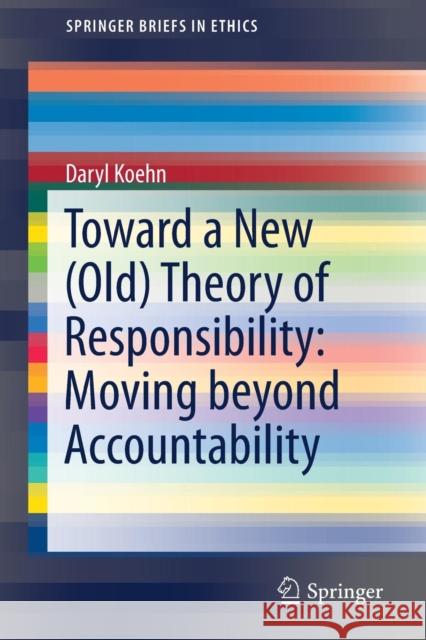Toward a New (Old) Theory of Responsibility: Moving Beyond Accountability » książka
topmenu
Toward a New (Old) Theory of Responsibility: Moving Beyond Accountability
ISBN-13: 9783030167363 / Angielski / Miękka / 2019 / 89 str.
Kategorie BISAC:
Wydawca:
Springer
Seria wydawnicza:
Język:
Angielski
ISBN-13:
9783030167363
Rok wydania:
2019
Wydanie:
2019
Ilość stron:
89
Waga:
0.16 kg
Wymiary:
23.5 x 15.49 x 0.53
Oprawa:
Miękka
Wolumenów:
01
Dodatkowe informacje:
Wydanie ilustrowane











